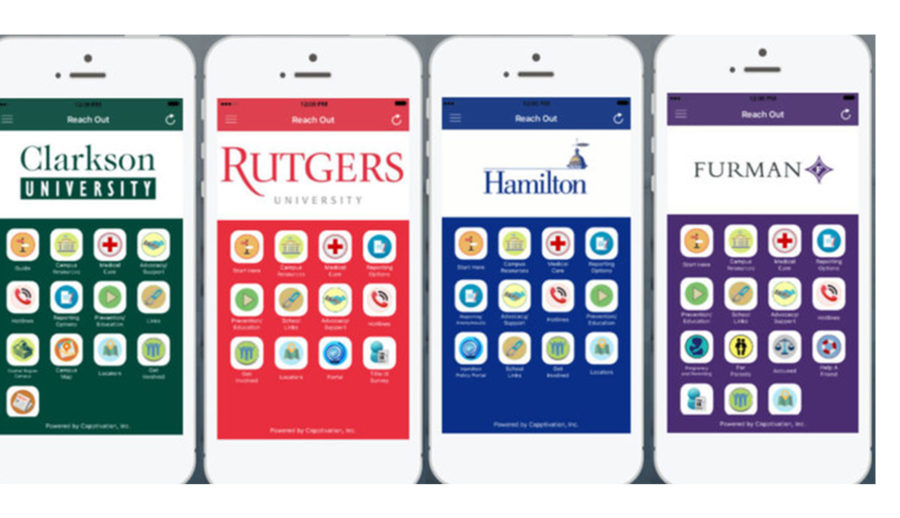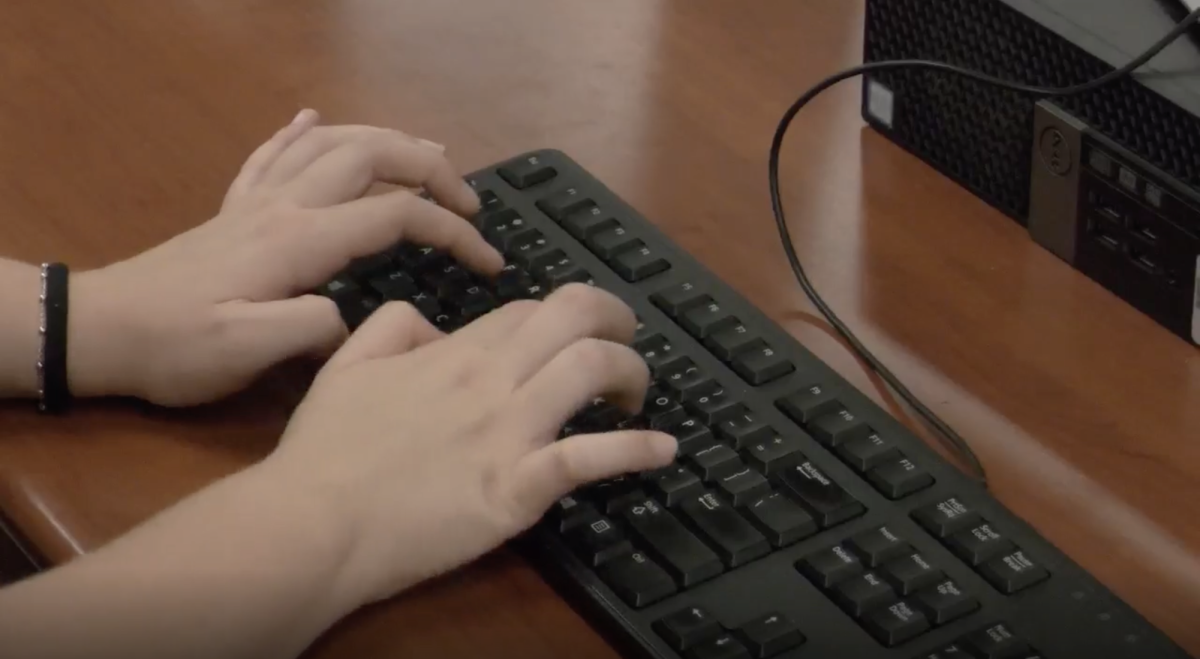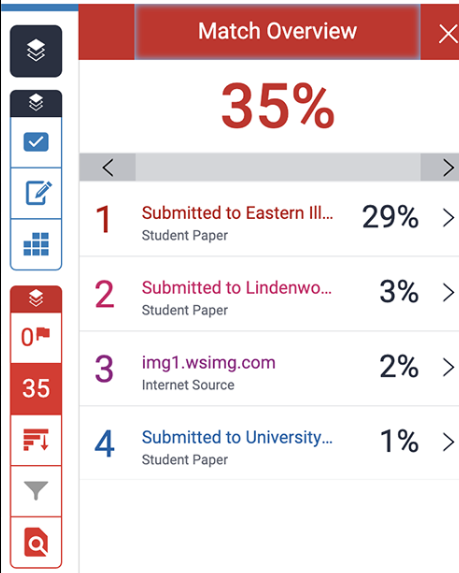Between the infamous Brock Turner case of 2016, the election of President Donald Trump after an audio leak of graphic sexual nature and the rising statistics of sexual assault on college campuses, safety on campus takes precedence in a student’s choice for their academic career.
According to the Rape Abuse and Incest National Network’s (RAINN) 2014 survey, women aged 18 – 24 are more susceptible to the risk of sexual violence, and sexual violence is more prevalent on college campuses than any other crime. According to the 2015 American Association of Universities Sexual Assault Campus Climate Survey, which gathered responses from more than 150,000 students across 27 universities nationwide, 11.7 percent of students reported nonconsensual penetration or sexual touching by force or incapacitation during their college careers, and only 25.5 percent of those students said they reported the incident to an official source.

Faced with these statistics, four high school friends and recent college graduates based out of Chappaqua, New York took action in assisting sexual assault survivors on college campuses.
App creators and business partners Billy Sadik-Khan, Jack Zandi, Racquel Giner and Zach Csillag reunited after graduating college in 2014 and created the company Capptivate, which produced the phone application Reach Out Editions. The free app comprises a digital database which provides resources for sexual assault survivors, specifically for 2,500 colleges across the United States. Of the 2,500 universities included in the database, more than 40,000 resources specific to those colleges – including The University of Southern Mississippi – have been compiled into the application by the creators.
Sadik-Khan said they decided to create the app after graduating from college and returning to their home town.
“We learned about this issue through news about sexual violence on campus and there was data coming out about sexual violence on campus, Sadik-Khan said. “We were talking and there was this perception that there was this immense injustice happening on college campuses. When we started there were about 100 colleges under investigation for sexual misconduct. The combination of the changing environment on campuses and the immense injustices students faced pushed us to begin this project.”
To begin the initial work on the application, the partners drove across the country visiting different college campuses to see what schools needed in terms of an app. Sadik-Khan said the partners complied and entered the information for the app manually over the course of two years.
“It was a lot of grunt work,” Sadik-Khan said. “We found a national database of police stations and hospitals and crisis centers. We did the best we could. It took two years to compile the information, design the app, market it and meet with schools. At all times, there’s been one person on our team collecting resources and checking data bases. We enter them ourselves.”
Sadik-Khan said when they released the app last summer, no schools had signed up for the portal.
“We have gradually built up a base of users by cold-calling, attending conferences and – eventually – references from existing clients,” Sadik-Khan said.
A year after its launch, more than 126 schools nationwide use Reach Out Editions online portal, where students can access information specific to their college and the college itself can manage the information available online.
“The colleges can login and customize the information,” Sadik-Khan said. “This online consul allows colleges to have control over the resources on the app. The base app is completely free and the online consul is completely free where they can edit the information.”
According to Sadik-Khan there is no obligation for schools to buy the value added services, and they make no money off of the app.
“Schools can purchase an anonymous messaging service and we charge a fee for that,” Sadik-Khan said. “We have an online sexual misconduct template and portal which schools can use. We have a lot of services for schools. Every school in the US is required to have responsible employees and mandated reporters who are mandated by law to report any sexual misconduct that happens on the school. We felt the base app would be able to help student survivors.”
The application is survivor focused because the problem is much more on the survivors than the perpetrators, according to Sadik-Khan.
“You have to think about how to prevent rape and we do offer preventative education,” Sadik-Khan said. “One of our value add services offers a set of educational videos that teach them the basic concepts of consent and what to do afterward. We worked with the animator of the video who did the ‘Tea and Consent’ video to create educational videos.”
However, the company does offer prevention education in the base source of our app.
Sadik-Khan said the company has spoken to the Title IX coordinator at Southern Miss making sure that the appropriate resources are out.
Title IX is a federal law that was enacted in 1972 which prohibits sex discrimination for any students on college campus,” Sadik-Khan said. “I always thought about sports, but it really applies much more broadly than that. In the 80s and 90s there was a lot of legislation that was passed such as sexual harassment, which includes sexual assault, was added to Title IX because it prevents equal opportunity for all students.”

According to The Chronicle of Higher Education’s Title IX investigation tracker, there are currently 317 open investigations “for colleges possibly mishandling reports of sexual violence” with the average duration of Title IX cases lasting 1.6 years.
Zandi said he thinks the app can supplement the efforts being made by the Title IX Offices across the country to help bring more awareness and understanding to an epidemic that needs not only attention, but also viable solutions.
“Colleges are often tight-night communities – students want to help each other succeed, and overcome any obstacles they may face,” Zandi said. “Reach Out is an amazing resource for peers looking to help each other navigate difficult times, and it’s an amazing resource students can use to help themselves.”
The main goal of the application is to provide appropriate resources to survivors, help them in case they wish to press charges and to encourage reporting, according to Sadik-Khan.
“There’s a whole multitude of reasons why to have information available,” Sadik-Khan said. “Often times, we have campus specific resources for each campus because states have different laws. It’s not necessarily clear to survivors the definition of consent and it’s different across the country.
“We think it’s important for them to know what they need to do or information on what constitutes a crime. It helps compile the information for students to go through. We think easier access to information, people will be more likely to use and report more frequently. The ultimate goal is to encourage reporting.”
April marks Sexual Assault Awareness Month (SAAM), which aims to raise awareness of sexual assault and educate communities, according to SAAM’s website. For this month, the app creators hope to promote awareness about this important issue, with the goal of creating a safer campus community at University of Southern Mississippi. Students can download the application from iTunes or Andriod Google Play Store.
Students can visit USM’s website for information about Title IX or information on reporting sexual misconduct at usm.edu/general-counsel/title-ix.































